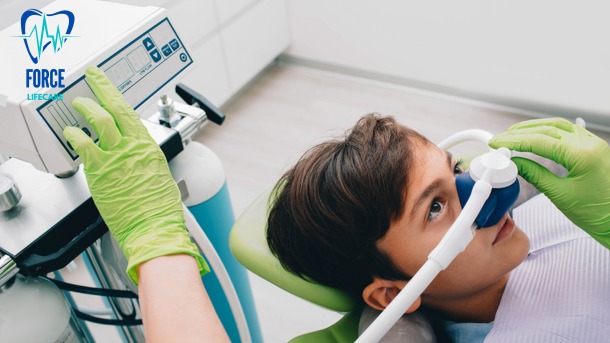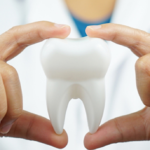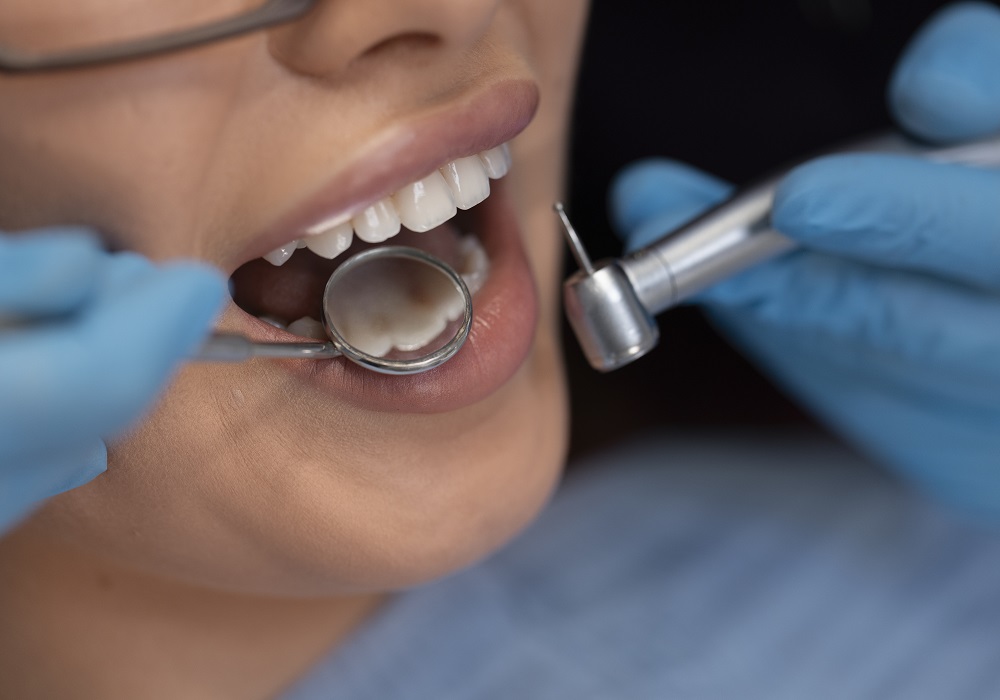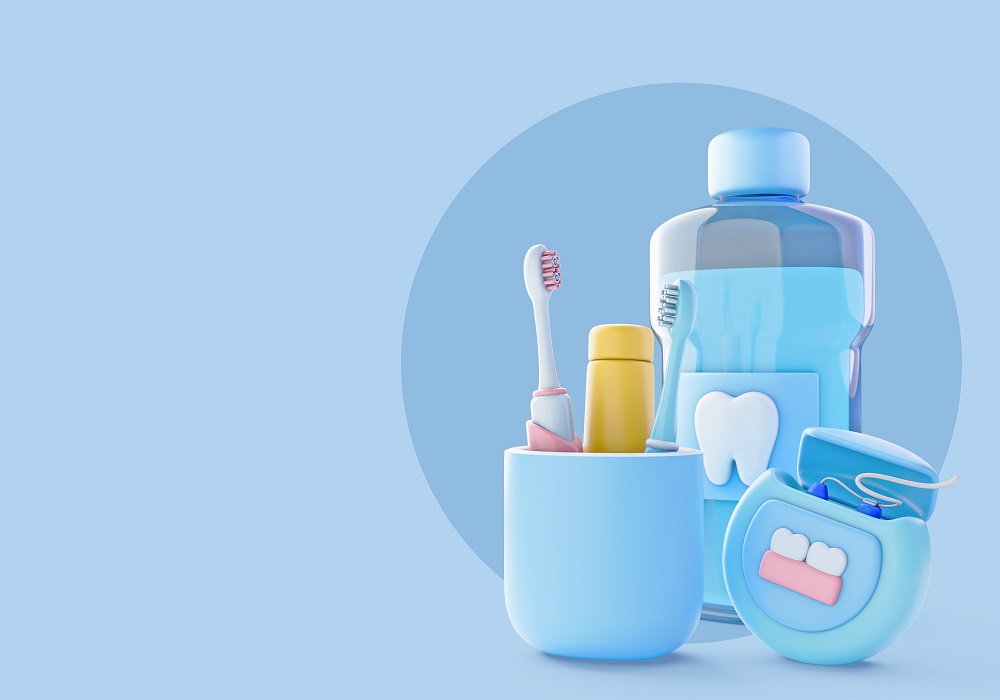Oral sedation is a type of conscious sedation used in dentistry to help patients relax and feel more comfortable during dental procedures. Conscious sedation refers to a state where the patient is awake and able to respond to verbal commands, but they are in a deeply relaxed state, often with reduced anxiety and awareness of the procedure.
In oral sedation, the patient is given a prescribed medication in the form of a pill or liquid to be taken orally before the dental appointment. The most common medications used for oral sedation are benzodiazepines, such as diazepam (Valium), lorazepam (Ativan), and triazolam (Halcion). These medications have sedative and anxiolytic (anxiety-reducing) effects.
For individuals who feel dental anxiety or fear dental treatments, oral sedation is frequently utilised in dentistry. Additionally, it is helpful for patients undergoing longer, more involved treatments that could be uncomfortable or stressful. The dental staff can give the patient a more pleasant and relaxing experience while completing the required dental work by using oral sedation.
It's crucial to remember that oral sedation should only be used under a competent dental professional's supervision. Before recommending oral sedatives, the dentist will consider the patient's medical background, current health, and any possible drug interactions. To ensure their safety and the efficacy of the sedation during the dental procedure, patients should also adhere to the dentist's pre- and post-sedation instructions.
Who needs oral sedation ?
Oral sedation in dentistry is typically recommended for individuals who experience dental anxiety, fear, or phobia, as well as those who require more extensive dental procedures. Some specific groups of people who may benefit from oral sedation include:
- Dental Anxiety or Phobia: Many people have dental anxiety or a fear of dental procedures, which can make it challenging to receive necessary dental care. Oral sedation can help these individuals relax and feel more comfortable during their dental visits.
- Gag Reflex Issues: Some patients have an overly sensitive gag reflex, which can make dental procedures uncomfortable or difficult. Oral sedation can help suppress the gag reflex, making it easier for the dentist to perform necessary treatments.
- Complex Dental Procedures: For longer or more invasive dental procedures, such as oral surgery, dental implants, or root canals, oral sedation can help the patient remain calm and comfortable throughout the process.
- Inability to Sit Still: Some patients, particularly children or individuals with certain medical conditions, may have difficulty sitting still during dental procedures. Oral sedation can help them relax and cooperate during the treatment.
- Special Needs Patients: Patients with physical or intellectual disabilities may benefit from oral sedation to help them tolerate dental visits and receive necessary dental care.
- Multiple Procedures in One Visit: For patients who require several dental procedures in a single visit, oral sedation can make the experience more manageable and less stressful.
- Traumatic Dental Experiences: Individuals who have had previous negative dental experiences may benefit from oral sedation to help alleviate their fears and anxieties during subsequent visits.
- Before recommending oral sedation, the dentist will assess the patient's medical history, current health status, and level of dental anxiety. It is essential to discuss any underlying health conditions, medications, or allergies with the dentist to ensure the safety and effectiveness of oral sedation.
It's important to note that not all patients require oral sedation, and some individuals may feel comfortable without any sedation during dental procedures. The decision to use oral sedation should be made based on the patient's needs, preferences, and the complexity of the dental procedure.
FAQ
In the intensive care unit (ICU), sedation is frequently used to reduce anxiety and increase comfort in patients who need mechanical ventilation. However, sedation can have harmful side effects, such as delirium, that put a patient's life in risk.26
Is sedation a risk?
Headache, nausea, and drowsiness are possible adverse effects of sedation, albeit they are less common than with general anaesthesia. These negative effects typically disappear soon. Because sedation levels can vary, it's crucial to be watched closely during surgery to prevent problems.








 Dental Checkup Services
Dental Checkup Services
 Our range of products
Our range of products
 Oral Care Blogs
Oral Care Blogs

Recent Comments